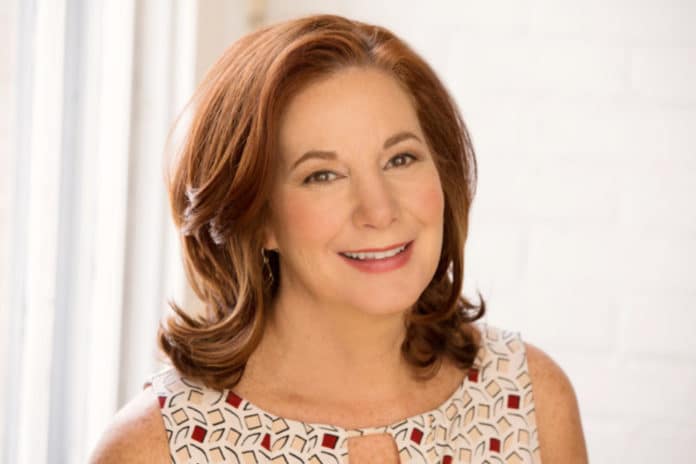My weekend was filled with conversations about how turbulent life has become and how brittle we feel as a result. Be it loved ones in Minnesota, Idaho, Florida, or Maryland, even the most optimistic of us agrees.
We’re in a cultural sandstorm. It’s impossible to envision what the landscape will look like once the wind stops swirling.
Exorbitant food prices are squeezing folks on low or fixed incomes. Though gas prices have dropped, they’re still needlessly high.
Crime has become as common as the dirty masks that litter the streets.
Criminals are flooding our country with staggering quantities of fentanyl that’s killing our young people in record numbers.
Pro-choice candidates, with no other drum to beat, are frightening voters into believing reproductive rights are at risk, despite established Minnesota law protecting abortion and a liberal Supreme Court unlikely to overturn it.
And now COVID, in its umpteenth iteration, has struck our president. In another example of inconsistent messaging, White House officials say how and where Biden contracted it isn’t important.
It’s no wonder most Americans view bureaucrats, politicians, and media outlets with distrust and disdain.
As we muddle through our third summer of COVID, some public health officials are beginning to confirm what many suspected: they’re not really following the science.
In a recent New York Post op-ed, Dr. Marty Makary and Dr. Tracy Beth Hoeg reported they’re hearing from many professionals who’ve been in the center of the COVID storm.
Speaking anonymously to preserve their jobs, professionals from NIH, CDC, and FDA say they’re not permitted to engage in a fundamental principle of science — unfettered and robust debate.
Furthermore, they say, incomplete and flawed data is informing major policy positions, particularly regarding vaccinations and boosters, natural immunity, and masks for children.
Not surprisingly, agency morale is low and high-level departures are commonplace.
It’s a disturbing account that affirms how I’ve felt for quite some time now.
I know there’s a virus, but that’s the only thing I know to be true.
When COVID hit we didn’t know whether masks were effective, but most of us wore them, nonetheless.
But now we know more. Research demonstrates paper masks and the Old Navy cloth masks kids favor are marginally effective. The N-95 masks, which fewer people use, offer the best protection against infection.
We also know masks impede students’ ability to read facial expressions, speak clearly, or engage in normal social interactions.
And yet, California recently reinstated mask mandates in some communities.
Here in Minnesota, with COVID still swirling, many people continue to wear masks indoors and outdoors (over their mouths and often their chins) sometimes by choice and other times by dictate.
In the past month, I’ve been to the grocery store, movie theater, and hair salon without a mask.
I’ve also been to physical therapy and the eye clinic — facilities that cater to healthy people — but was barely across the threshold before being reminded to don the paper mask.
Why must I wear a mask to do exercises for a cranky hip or to have my eyes checked for glaucoma — but not to get my hair cut or to buy my groceries?
What principles are informing these policies?
With a new school year looming, I fear mask mandates are lurking in the background. If so, politicians and school officials will face a conundrum.
To mask or not to mask?
Though some people would be reassured by a mask mandate, others say it’s a hill they’re willing to die on.
COVID is here to stay, just like the seasonal flu.
The brittleness we’re experiencing is the result of living with arbitrary rules; too much change and too little control; too much loss and too little gain.
We need to use common sense to live with the virus, particularly when it comes to masking our kids.
Let’s continue to wash our hands and cough into our elbows. Let’s stay home if we feel ill.
Let’s let people choose what works best for them — whether, where, or when to wear a mask.
As my kids like to say, “you do you.”

















